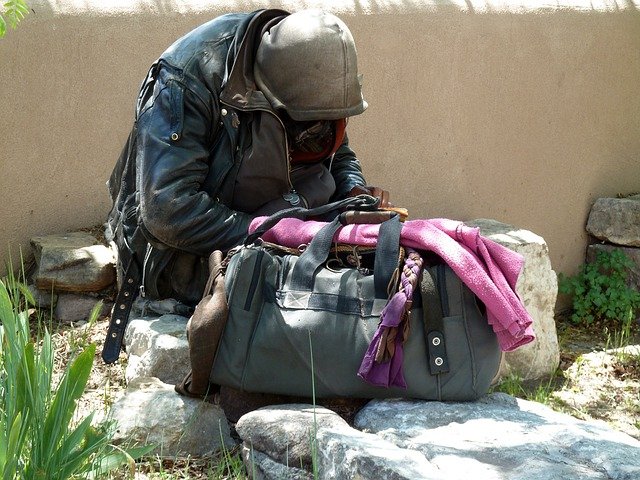Monique Vanek
(Bloomberg) – One in eight people in sub-Saharan Africa is expected to suffer from high malnutrition this year, an increase of almost a third since 2020 because of soaring food prices and depressed incomes, according to the International Monetary Fund.
The IMF estimates that at least 123 million people — 12% of the region’s population — will be unable to meet their minimum food consumption needs, 28 million more than just two years ago.
Severe drought across several countries has been exacerbated by Russia’s invasion of Ukraine, which has disrupted exports of foodstuffs such as wheat and pushed up prices. Meanwhile, severe climate incidents, which destroy crops and disrupt food transport, are disproportionately common in sub-Saharan Africa. The economic fallout from the Covid-19 pandemic is another factor.
These events are compounding mounting pressures from rapid population growth and a lack of resilience to climate change that have already contributed to food insecurity rising faster than in the rest of the world,” the IMF said in a report published Thursday.
Chad and Senegal have been severely affected by torrential rains and floods, while East Africa is in the grip of its worst drought in at least four decades. This significantly increases food insecurity as agricultural productivity is in some cases already less than half the global average, the IMF said, citing studies.
In Ethiopia, Malawi, Mali, Niger and Tanzania, each drought or flood raises food insecurity by five to 20 percentage points, according to the report.
To help mitigate the building humanitarian crisis, the IMF proposes sub-Saharan African nations offer greater social assistance to the hungry. Targeted and far-reaching cash transfers are more effective than agricultural subsidies and help people buy food and rebuild after weather shocks, the lender said.
The IMF is also looking to expand its own role, proposing to increase access to emergency financing to low-income countries that are most vulnerable to changes in the cost of food.
Nations should invest more in infrastructure such as solar power that facilitates irrigation, water access and temperature control for food storage, the group said.
Digitalization is also crucial, as it enables farmers to access early warning systems, mobile banking and technology platforms to purchase fertilizers, seeds, or sell produce, helping to connect small producers to large vendors.
More stories like this are available on bloomberg.com
©2022 Bloomberg L.P.
Image credit: Pixabay













